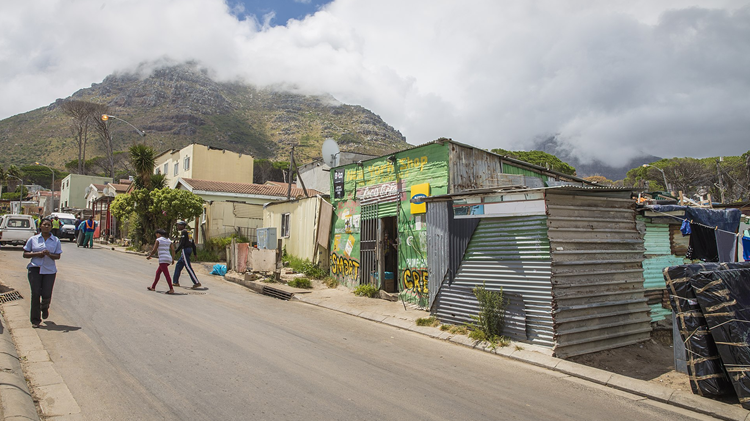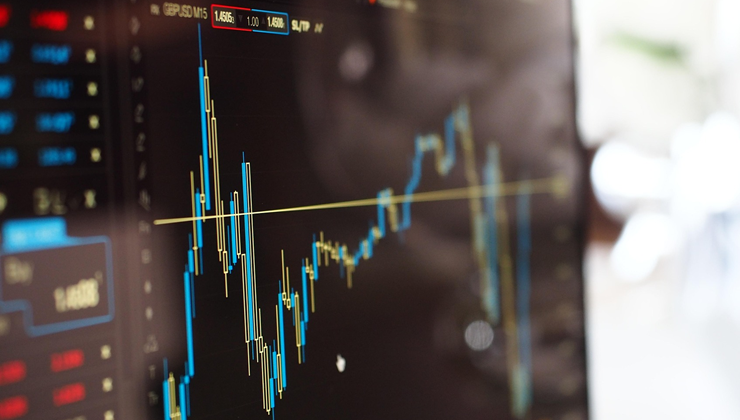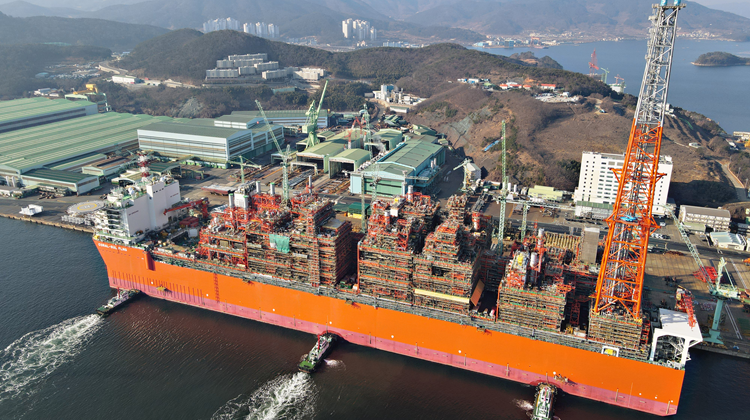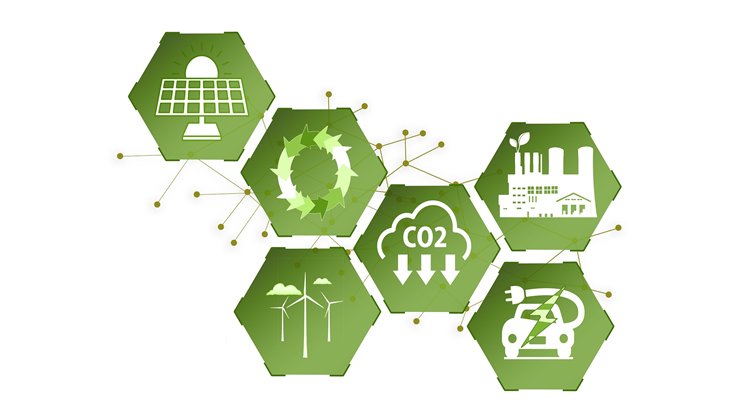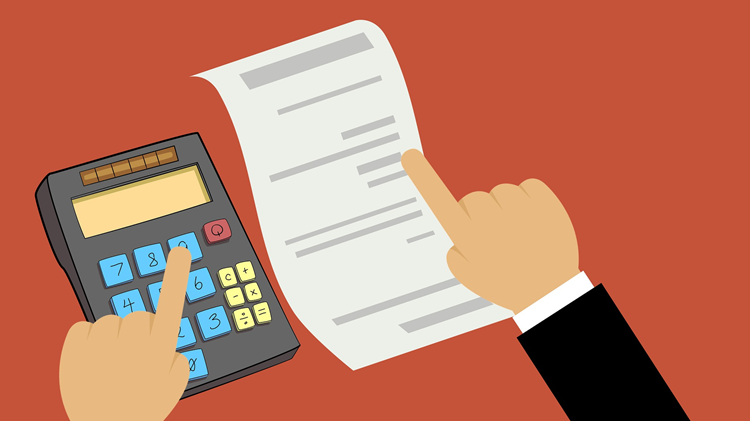Africa’s financial challenge and the opportunity for reform

Africa and South Africa need to agree on an African agenda for reform in global economic governance and sovereign debt restructuring.
Africa’s young population is becoming impatient and demanding that its leaders deal with the festering problems of poverty, inequality, unemployment, and the existential threat caused by climate change. African governments will struggle to raise the resources needed to meet these demands.
It’s estimated that the continent will need to invest about US$400 billion more annually until 2030 to meet its climate goals, sustainable infrastructure needs and the United Nations Sustainable Development Goals.
Africa cannot raise all these additional funds just from foreign direct investments, official bilateral and multilateral development assistance, and recouping illicit financial flows from the continent. This means its countries will need to borrow some of these additional resources from commercial sources.
Unfortunately Africa is already substantially indebted, with 22 of its states estimated to be in, or at high risk of, debt distress. At the end of 2021, Sub-Saharan African low- and middle-income countries had a total public and publicly guaranteed long-term external debt of around US$636 billion, which was equal to about 35% of its gross national income. In 2021, these countries needed to pay a total of roughly $79 billion to service its total public and private external debts, which was equal to about 19% of their export earnings.
Africa and South Africa will need to agree on an African agenda for reform in global economic governance and sovereign debt restructuring
The situation is further complicated by changes in the composition of Africa’s creditors. In the 1990s, official creditors, primarily from Organization for Economic Cooperation and Development countries that belonged to the Paris Club, were the largest category of creditors.
Consequently, the creditors had shared expectations about the procedure to follow in managing debt crises. They could also use this forum to organise the Highly Indebted Poor Country Initiative and to forgive a substantial part of Africa’s debt. And they could mobilise the resources to forgive some of the debt owed to key multilateral creditors.
Now it’s different. Today the largest group of creditors are multilateral organisations, which account for US$150 billion of Sub-Saharan Africa’s total external long-term debt, of which the World Bank is responsible for US$90.5 billion. The second largest group are the holders of foreign currency denominated bonds, which account for $145 billion of the total. These bonds are held by a broad range of institutions and investors who were not Africa’s creditors in the 1990s.
Since the bonds trade on markets, it’s easier for them to trade out of their exposure to Africa than it was for the banks who were the main commercial creditors in the 1990s. These investors also tend to be less flexible than banks because they are subject to investor mandates that can constrain their willingness to restructure their bonds.
These bonds are expensive. African payments to bond holders are expected to balloon to about $11 billion a year in 2024 and 2025, compared to $4.5 billion in 2023 and $7 billion in 2026. Meeting these obligations will be challenging given that, currently, most of Africa is priced out of international capital markets.
Another important difference is that the composition of the official creditor group is changing. The largest bilateral creditor now is China. It accounts for about $83 billion of the $104 billion of bilateral official debts. In addition, the official creditor group now includes countries like Turkey, India and the Gulf states. These new official creditors are not necessarily willing to follow the approach of the Paris Club creditors, which could include debt haircuts. And they are asking some tough questions, such as whether multilateral institutions like the World Bank should be participating in the restructuring exercise.
Africa’s largest bilateral creditor is China, accounting for about $83 billion of the $104 billion of the continent’s official debts
The international community has made some effort to address this situation. At the onset of the pandemic, the G20 established the Debt Service Suspension Initiative. Official creditors from these countries would suspend debt service payments from low-income countries for a stipulated period, ultimately ending in December 2021. This initiative resulted in a total of US$12.9 billion in suspended debt service payments for 48 countries.
In 2021, the G20 agreed on a common framework for dealing with sovereign debt crises in low-income countries. It hasn’t proven to be very effective. For example, in 2021, Zambia requested to have its debt restructured under the common framework. To date, it has been unable to conclude an agreement with its creditors.
So what can be done?
It’s clear that Africa is facing a complicated financial challenge over the next few years. For many African countries, an important part of this challenge will either be dealing with a debt crisis or trying to avoid such a crisis. Unfortunately, each country will probably have to deal with this crisis on its own. It’s unlikely that a collective African approach to debt restructuring can succeed. Each country’s situation is unique, so it’s easy for creditors to incentivise the debtor to deal with them individually.
It’s estimated that the continent will need to invest about US$400 billion more annually until 2030
This doesn’t mean, however, that there isn’t room for African countries to cooperate around some aspects of African public finance. There are some opportunities for collective action that could yield meaningful benefits for the continent.
The first of these arises from the important role the World Bank plays in African debt. It is both a large creditor and potentially a significant source of new funds. In fact, it is clear that the bank itself recognises the need for its operations to evolve. Moreover, senior officials in rich countries have stated that the World Bank, as well as the other multilateral development banks (MDBs), should play a larger role in helping their member states deal with climate change and other global public goods.
This has raised concerns in some African countries that these developments could come at the expense of the MDBs’ financing of more traditional poverty-oriented development projects. This suggests that Africa should take a coordinated approach to these issues and develop a position it can use to bargain with the international community. For example, it could call for the MDBs to link any expansion in its lending operations to a dedicated portion being allocated to Africa for agreed activities that serve both poverty- and climate-related objectives.
The funds should be allocated according to an agreed set of principles based on international norms and standards. African countries could link their support for the new nominee for the World Bank presidency to the candidate supporting the African position on dedicated resources and a principled approach to their allocation and use.
The second relates to the changing role of the International Monetary Fund (IMF) in global financial governance. It has acknowledged that issues like climate change, inequality and gender – which it previously treated as outside its macroeconomic and financial stability mandates – are macro-critical. This is significant because these issues have both macro- and micro-level aspects.
Africa is substantially indebted, with 22 of its states estimated to be in, or at high risk of, debt distress
The IMF will need to adapt its operating policies and practices to incorporate all these aspects. This will require it to become more transparent, more responsive to its stakeholders and more accountable to all those, including non-state actors, affected by its operations – not just its powerful member states.
This offers African countries an opportunity. They can become advocates for a more transparent, participatory and accountable IMF. This will mean an IMF that is more attentive to the poverty, climate and developmental needs of African countries and to the concerns of a broader range of interests in each member state.
In this regard, they should note that 2023 is the 75th anniversary of the Universal Declaration of Human Rights and that it is time that the IMF explained how this important international document applies to its governance and operations.
African states can also use the growing interest in innovative approaches to sustainable finance as a lever in their negotiations with both international financial institutions. They can point to the growing use by sovereigns of green bonds and sustainability-linked bonds and the interest in proposals such as the Bridgetown Initiative to show there’s an appetite both in policy circles and in commercial financial markets for more innovative approaches to development finance.
They can also argue that the IMF and World Bank need to be leaders in this regard and help expand their member states’ access to these instruments to finance their sustainable and inclusive development.
African countries could become advocates for a more transparent, participatory and accountable International Monetary Fund
The fourth opportunity arises from the fact that South Africa chairs BRICS this year and will be the chair of the G20 in 2025. This latter position means that South Africa becomes part of the G20 troika in 2024, together with India and Brazil. Consequently, it will gain a voice in the management of the G20’s agenda and priorities. This presents an opportunity to make a new approach to African debt part of the G20 agenda for 2024 and 2025.
To exploit this opportunity, Africa and South Africa will need to agree on an African agenda for reform in global economic governance and sovereign debt restructuring. This approach should be based on an agreed set of principles that are acceptable to all African states.
It should also be reasonably acceptable to its financial interlocutors. This will not be easy but will be achievable if the approach is based on internationally agreed norms and standards.

